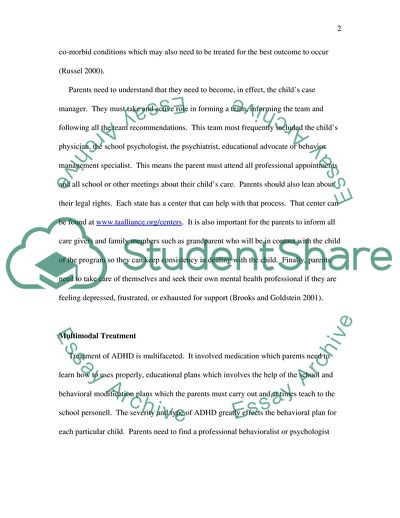Cite this document
(Parent Training for Parents of a Child with ADHD Coursework, n.d.)
Parent Training for Parents of a Child with ADHD Coursework. https://studentshare.org/health-sciences-medicine/1708743-parent-training-psy-5035-ass-8
Parent Training for Parents of a Child with ADHD Coursework. https://studentshare.org/health-sciences-medicine/1708743-parent-training-psy-5035-ass-8
(Parent Training for Parents of a Child With ADHD Coursework)
Parent Training for Parents of a Child With ADHD Coursework. https://studentshare.org/health-sciences-medicine/1708743-parent-training-psy-5035-ass-8.
Parent Training for Parents of a Child With ADHD Coursework. https://studentshare.org/health-sciences-medicine/1708743-parent-training-psy-5035-ass-8.
“Parent Training for Parents of a Child With ADHD Coursework”. https://studentshare.org/health-sciences-medicine/1708743-parent-training-psy-5035-ass-8.


